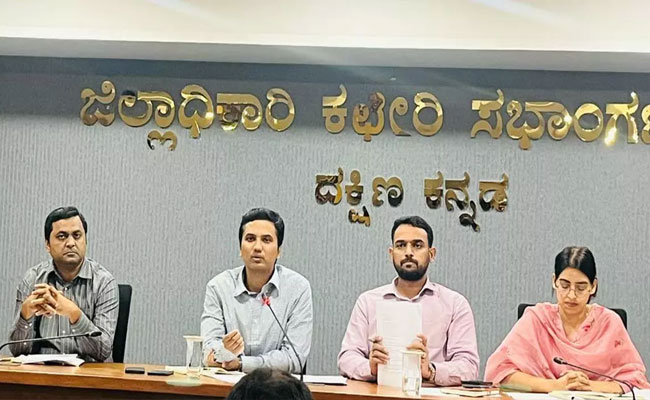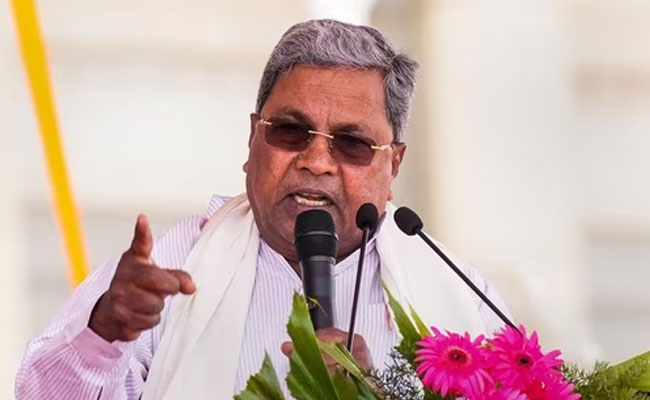New Delhi: WhatsApp has unveiled three new security features aimed at improving the privacy and security of its users. The new functionalities extend the app's focus on keeping online chats and discussions as private and safe as in-person conversations, with a particular emphasis on message security, including end-to-end encryption.
According to a blog post published by WhatsApp on Thursday, the new security features will be rolled out on both Android and iOS devices in the coming months. The first feature, called "Account Protection", sends an alert to users when someone may be attempting to gain access to their account without their knowledge.
The second feature, called "Device Verification", runs in the background to ensure that users cannot install malware to access people's messages. WhatsApp is particularly concerned about unauthorised WhatsApp applications that include spyware specifically designed for this purpose. The company has introduced new checks to assist in authenticating user accounts without requiring any action from users.
The third feature is "Automatic Security Codes", which builds on an existing service that allows users to verify that they are communicating with the person they think they are. The tool assesses if the connection is safe and performs the verification process automatically by default, with the option to view the code manually still available.
WhatsApp is also introducing a new concept called "Key Transparency" to make it easier for users to confirm the authenticity of the code, although it is currently possible to view the code by going to a user's profile. The security features have already been rolled out on Android, with iOS users set to receive the update in the coming months.
Overall, the new security features aim to enhance the app's security and make it more secure for users, particularly as the messaging platform continues to attract over 2 billion monthly active users.
Let the Truth be known. If you read VB and like VB, please be a VB Supporter and Help us deliver the Truth to one and all.
New Delhi (PTI): The BJP on Tuesday alleged that West Bengal Chief Minister Mamata Banerjee's accepting Aroop Biswas' resignation as the state sports minister is nothing but a "rear-guard action" to douse public anger over the mismanagement of football icon Lionel Messi's event last week.
BJP co-in-charge for West Bengal Amit Malviya alleged that this is also an "open confession" that the Messi event fiasco was not accidental but a government-manufactured disaster, borne out of the poor governance of Banerjee, her ministers and the state bureaucracy.
Banerjee on Tuesday accepted Biswas' resignation as the sports minister in the wake of the controversy over the mismanagement of football icon Messi's event last week, a senior leader of the ruling TMC said.
Biswas, who had written to the chief minister seeking to be relieved of his responsibilities as sports minister, will continue as a cabinet minister, retaining charge of the power department.
ALSO READ: Slain Australia beach shooting suspect native of Hyderabad: T'gana police
Reacting to the development, Malviya said in a post on X, "TMC Sports Minister Aroop Biswas resigns after the Messi fiasco and Mamata Banerjee accepts it in record time."
"Do not mistake this for accountability; this is nothing but a rear-guard action to douse public anger. anger! This is not 'Raj Dharma'," he added.
The BJP leader alleged that the incident was the outcome of "loot" of common people which is "so synonymous" with the TMC.
The incident was also the outcome of the "shameless VIP culture that TMC thrives on and deep-rooted cronyism promoted by Banerjee," he charged.
Malviya further alleged that Biswas' resignation exposes a "collective failure of Mamata Banerjee, her partisan bureaucracy, and her crony cabinet".
"This is a symbolic sacrifice, a political hoax, soon to be buried under layers of bureaucracy, with no justice, no accountability, and no remorse," the BJP leader said, adding, "No resignation will bring back the time lost, the money wasted, or the stolen chance for football lovers to witness Messi in Kolkata."





